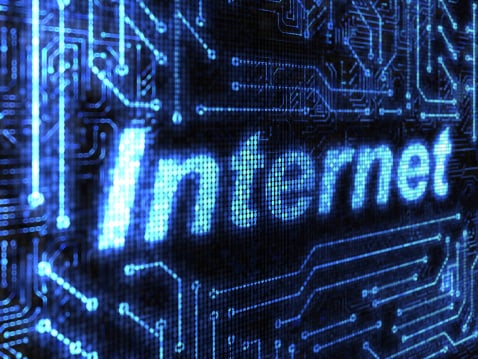
Source: Thinkstock
The data published this month by the U.S. Census Bureau is based on a sample of approximately 3.5 million addresses and was collected in 2013.
According to the Census Bureau:
Household computer ownership and Internet use were most common in homes with relatively young householders, in households with Asian or White householders, in households with high incomes, in metropolitan areas, and in homes where householders reported relatively high levels of educational attainment. … Of the 20 states with rates of computer ownership below the national average, more than half (13) were located in the South. … Of the 20 States with rates of high-speed Internet subscriptions below the national average, 13 were located in the South.
Here are the five states with the lowest computer ownership:
- Mississippi: 80.0% of households own a computer; only 62.3% use high-speed Internet
- New Mexico: 80.9% of households own a computer; only 68.1% use high-speed Internet
- Alabama: 82.6% of households own a computer; only 68.7% use high-speed Internet
- West Virginia: 82.7% of households own a computer; only 71.8% use high-speed Internet
- Louisiana: 83.1% of households own a computer; only 70.3% use high-speed Internet
The five states with the highest levels of computer ownership are:
- Utah: 94.9% of households own a computer; 83.8% use high-speed Internet
- New Hampshire: 93.2% of households own a computer; 85.7% use high-speed Internet
- Alaska: 92.9% of households own a computer; 82.6% use high-speed Internet
- Wyoming: 92.4% of households own a computer; 80.5% use high-speed Internet
- Colorado: 92.4% of households own a computer; 83.0% use high-speed Internet
We should note that the U.S. Federal Communications Commission (FCC) currently defines high-speed Internet (sometimes called broadband) as capable of 4 megabits per second (Mbps) download and 1 Mbps of upload.
Compared with the rest of the world, the U.S. ranked only 12th in average peak connection speed on a 2013 review published earlier this year by Akamai Technologies. The U.S. trails such technological heavyweights as Bulgaria, Latvia and Romania. Hong Kong and South Korea are the top two in the Akamai research.
ALSO READ: The Safest Cities in America
Essential Tips for Investing: Sponsored
A financial advisor can help you understand the advantages and disadvantages of investment properties. Finding a qualified financial advisor doesn’t have to be hard. SmartAsset’s free tool matches you with up to three financial advisors who serve your area, and you can interview your advisor matches at no cost to decide which one is right for you. If you’re ready to find an advisor who can help you achieve your financial goals, get started now.
Investing in real estate can diversify your portfolio. But expanding your horizons may add additional costs. If you’re an investor looking to minimize expenses, consider checking out online brokerages. They often offer low investment fees, helping you maximize your profit.
Thank you for reading! Have some feedback for us?
Contact the 24/7 Wall St. editorial team.



